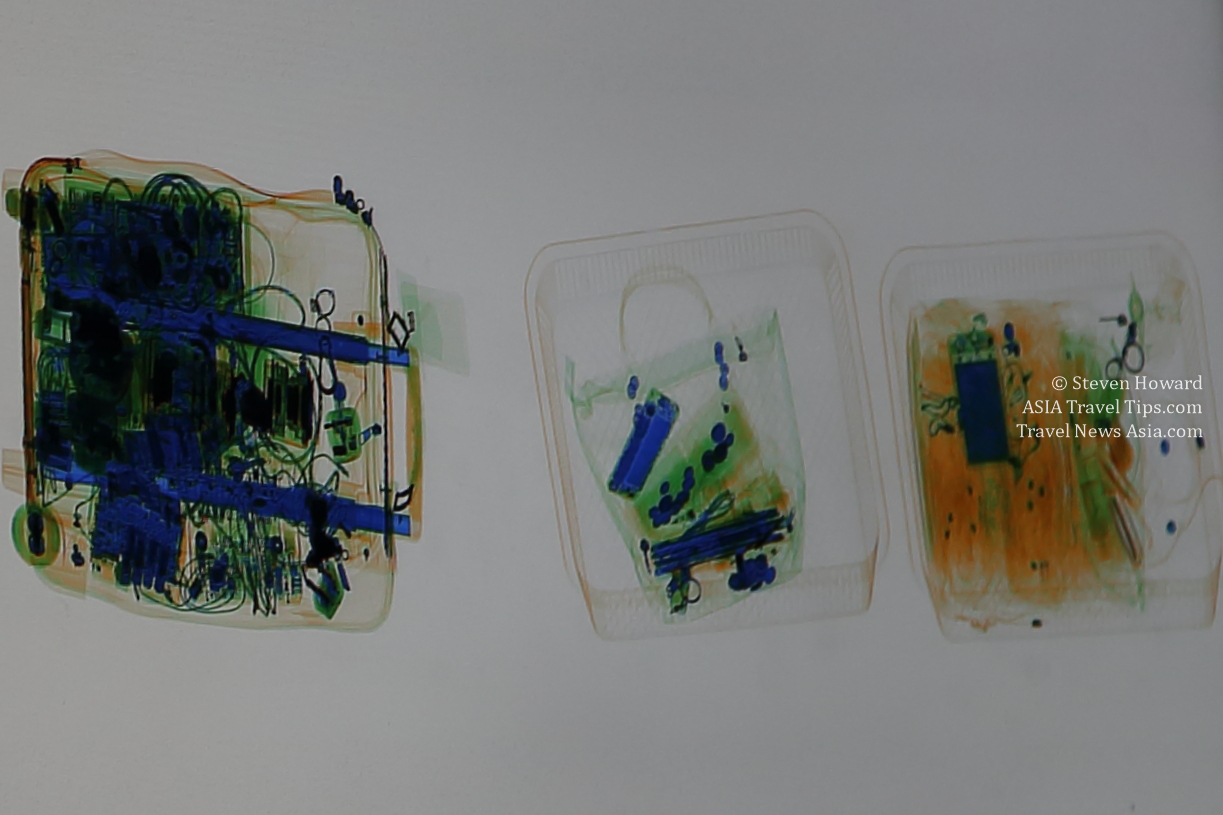|
IATA has urged the swift implementation by
states of the first Global Aviation Security Plan (GASeP) which
was established this week by the Council of the International
Civil Aviation Organization (ICAO).
"Flying is secure, but it is also clear that
aviation faces security challenges," said Alexandre de Juniac, IATA�s Director
General and CEO. "GASeP has the potential to strengthen security
globally by providing governments with a global plan to which they
can align their national efforts. The critical factor is
implementation. It must be quick, comprehensive and global. The
industry congratulates ICAO and its member states for putting the
plan together. Industry is ready to support its swift
implementation."

ICAO�s standards and recommended practices
(SARPs) for aviation security are contained in Annex 17 of the
Chicago Convention. GASeP creates a framework for states to
incorporate Annex 17 responsibilities into their national civil
aviation security programs in four focus areas: (1) risk awareness
and response, (2) security culture, (3) technology enhancement and
innovation, (4) security oversight and cooperation among states
and with local organizations.
"Governments have the primary responsibility for
the security of their citizens�including when they are flying. But
differences in the capacity of governments to do this are clear.
The implementation of Annex 17 SARPs is far from universal.
Focused efforts will be needed to foster cooperation and
capacity-building to enable states to meet their obligations,"
said de Juniac.
GASeP, if comprehensively implemented, will
address four key elements to improve security that de Juniac
outlined in a keynote address to the IATA AVSEC World Conference
in Abu Dhabi. These are:
* closer government-to-government cooperation to
eliminate the long-term challenges of extraterritorial measures;
* the universal application of global standards;
* better information-sharing among governments
and with industry; and
* the efficient implementation of new and
existing technology capabilities.
"We have great expectations for GASeP. But
states are sovereign and there is no global security regulator. So
governments must fully feel the weight of their responsibility to
protect the security of 4 billion travelers each year. To stay a
step ahead of the threats, governments must incorporate GASeP into
their national plans and cooperate through ICAO to make sure that
the global system works," de Juniac added.
Recent interviews:
Owner of Rock 'n' Roll Hotel in London Outlines Asia Pacific
Expansion Plans,
The Truants Raise Over �540,000 from Kerala Trip
and
China Airlines to Resume London Flights on 1 December 2017.
|
Headlines: |
|
See latest
HD Video
Interviews,
Podcasts
and other
news regarding:
IATA,
ICAO,
Aviation,
Security.
|
